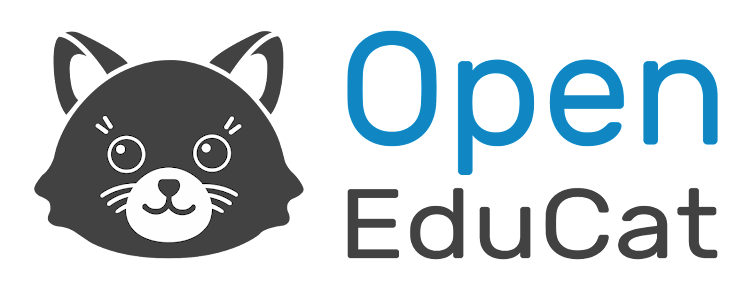A student information system is an all-around, one-stop digital solution so that educational institutions can be digitalized and consequently manage student information more efficiently. A successful SIS makes students more productive and improves their academic performance. This system automatically manages all the services that are related to administrative academic processes of educational institutions such as schools, colleges, other higher educational institutions, etc.
This system includes Learning Management System (LMS) providing functions and tools that overcome day-to-day problems managing the educational institution's administration and academic problems. SIS also succeeds in supporting students' needs both inside and outside the classroom in the best possible way.
The Student Information Systems are now available online in different sizes, different features, and at different prices. Make sure that when you invest in SIS it is well-equipped with updated features that can help you meet all your requirements.
SIS features that facilitate key school tasks and processes :
The functionality offered with an SIS helps manage different aspects of educational institutions in a highly organized way. With this help, we must say that everything becomes much more efficient from administration and organizational operations to processes related to student activity and teaching responsibility.
This Student Information System comes with a lot of features such as some important are discussed below :
1. Proper Curriculum Management :
Curriculum management refers to the processes required to shape a learning path for students within the educational organization. A successful educational institution always has good and well-planned curriculum management. A good SIS always has an up-to-date curriculum structure for their end-users such as students, faculty persons, teachers, or administration.
2. Management of Students:
Students are the heart and soul of any educational institution. So management of students lies at the heart of every educational institution's administration. A well-equipped structure that allows the administrator to easily store, retrieve and work on students' data is important for all educational institutions regardless of their type and size.
They can use their time for core academic tasks, such as registering students to the current school period and the classes they wish to attend. Similarly, they are also able to charge students with tuition fees, linking that information with their student profiles enabling the school to issue and handle the respective invoices.
3. Coordination between all departments:
A good SIS always coordinates between all related departments. From admission, department to finance department to teaching staff to guardian interactions all these tasks can be conducted smoothly with the help of SIS. Other Support staff can effortlessly carry out different activities, including finance, facilities, accommodation, human resources, etc.
4. Guardian Portal:
Parents' involvement in school operations is traditionally limited to attending parent's briefings and interacting with administrators regarding tuition payments and their students' academic performance. With the help of the guardian portal, schools can give access to parents and guardians with their personalized accounts, where they can actively get involved in their children's school life.
5. Secured all data:
The security of sensitive information, such as student records, contact details, personal data, and school financials is ensured. All related school records are now available in a secure, central system, the Student Information System of choice saving administrators the headache of managing and storing huge bundles of paper documents.
Conclusion:
When educational institutions decide to switch from storing and managing student information manually, to using a Student Information System, that decision brings in a host of benefits; that is, for the school on the whole. To further explain, though administrators are usually the ones that make the most of SISs, it is equally beneficial for teachers, students, and guardians. Students can now securely access information that was previously hard to get to, the moment they need it. Timetable changes, grades updates, assessments, and other information related to their studies are easier than ever to find and use.


